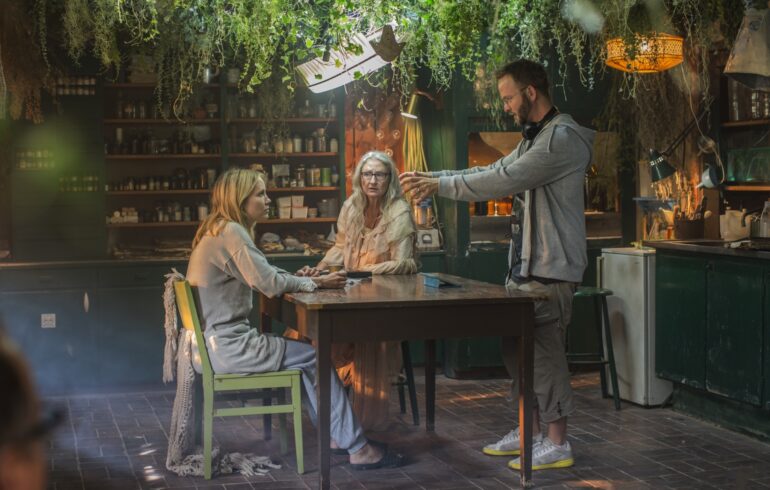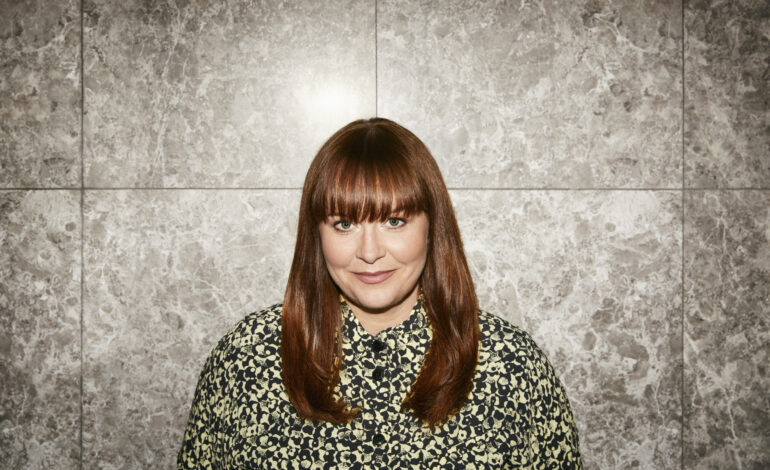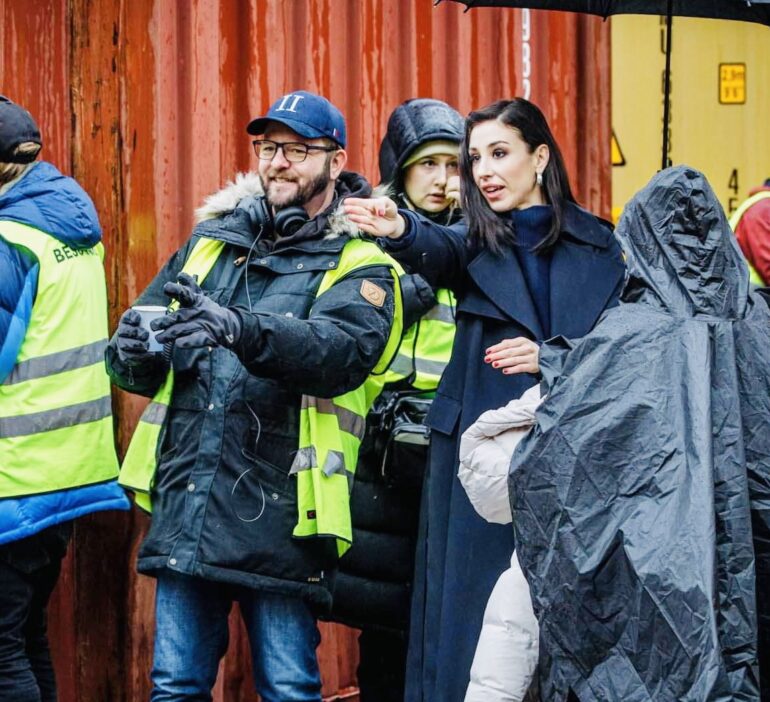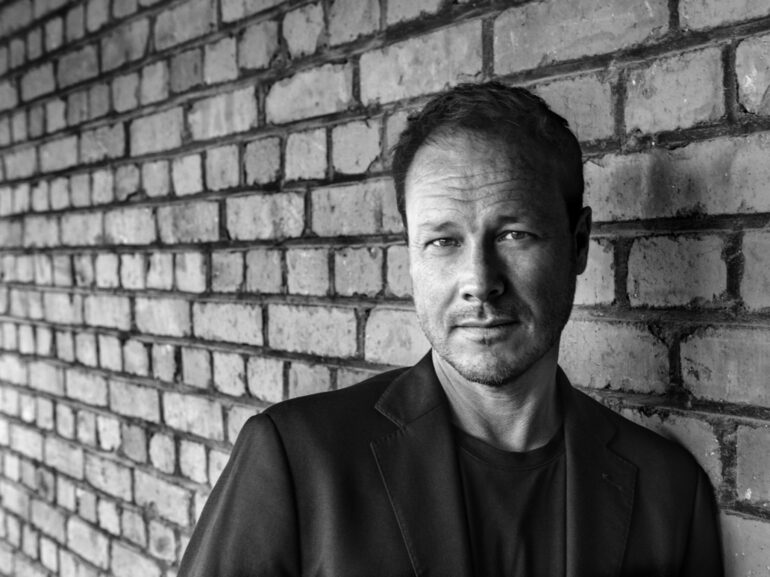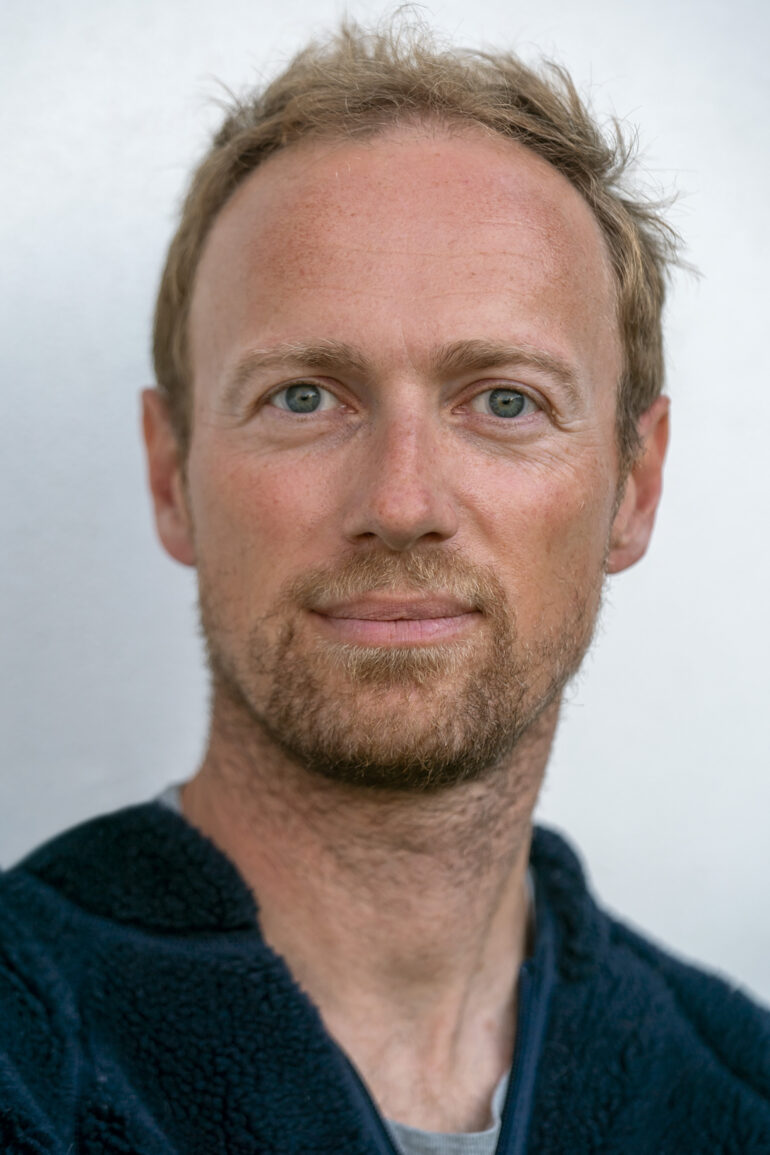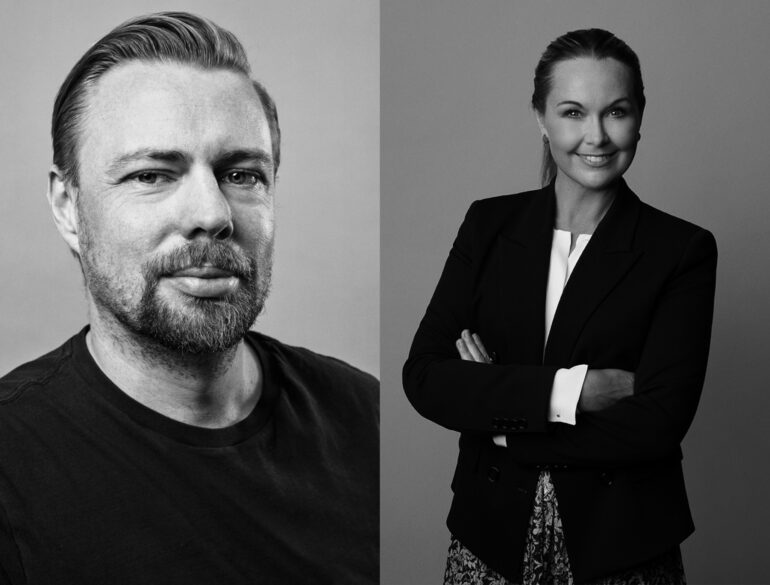WRITTEN BY: Ninna Bengtsson
Streamers adapt new strategies towards crime series and mainstream shows, Nordic Noir is still going strong.
”Nordic Noir is really hot right now, it's as simple as that,” says Swedish director and scriptwriter Henrik Björn.
Political instability, inflation, and a greater focus on profitability, as well as cost-cutting and new players on the scene, have shaken up the TV market for some time. Streamers are investing in new pay-TV solutions, windowing, and mainstream content – crime and unscripted – to meet the changing demand of the global audience, and drive ad revenues. The map is being redrawn, and at a rapid pace.
Guy Bisson, at Ampere Analysis, has pointed to a 25 per cent decline in 2025, in first-run scripted series orders, since the peak TV years. There is a general move towards more cost-effective content and mainstream, like crime series and comedy, among the streamers, who also are investing more in live-events like live sport.
”What we’re seeing is that streamers are becoming more like broadcasters. Crime is absolutely central when you’re talking about scripted,” said the CEO of Ampere Analysis earlier this spring at the international market Series Mania in Lille.
Danish screenwriter and co-founder of the production company MOTOR, Christian Torpe, created the award-winning TV series Rita, and shares this view.
”When the streamers arrived, they completely broke the cable market. What’s so weird is that instead of inventing something new, they then re-invented basic cable, complete with commercial breaks. The product they are aiming for is also predominantly what in the US you would have found on basic cable. Quality procedurals with slightly more sex and violence than broadcast. These shows can be excellent, but it also feels like a missed opportunity.”
Many streamers are also going more linear. Streaming giant Warner Bros. Discovery announced last week that the company is separating into two different entities, one for streaming and content production, and one with a focus on traditional, linear TV.
Amazon recently launched a new linear TV-channel called Prime, for Prime Video members in Germany and Austria.
Karin Lindström, Head of Originals, Nordics & Poland at Amazon MGM Studios, sees collaborating on window structures, locals, and licensing as important strategies to generate profitability and reach new audiences. At present, she is not aware of any plans for a similar linear channel for the Nordic market.
”When you're in the comedy field, and produce for instance local versions of LOL in Norway, Denmark and Sweden, we actually don't care if those titles travel. What’s important to us is that we need to collaborate and continue working with local producers, and I think that is a way to success. I would always look for the local engagement first, and if it's a great show, it will travel.”
Are streamers becoming like broadcasters, focusing more on content that appeals to a wider audience?
”I think the difference between us and broadcasters is that we don't look for volume. Many broadcasters still look for volume a lot, but we are more specifically targeting and engaging an audience in a title, and it doesn't have to be 14 episodes, to be stretched out,” says Karin Lindström, and adds:
”Yes we want to engage a broad audience. I think with a specific content you engage a certain demographic group, but we want to grow in all demos. So I need to make sure that I can attract both men, women, young, and old. When I speak to producers, I try to ask them to think about our potential customers coming in: ‘Why would a person sign on to watch this show?’ It needs to stand out and have something that resonates. With our comedy slots, we attract a broader audience, and I like the co-viewing elements that we have achieved in Denmark for some of our comedy shows.”
Henrik Björn, director and scriptwriter of Jordskott (SVT), Jana – Marked for life (Jana - Märkta för livet, Prime Video), and The Glass Dome (Glaskupan, Netflix), is seeing an increased demand for crime and Nordic noir from the streaming services.
”Jana became the most watched Swedish series on Prime, second overall after the big-budget series Fallout. And The Glass Dome topped the charts everywhere this spring, and ended up second on Netflix's global list,” says Henrik Björn, and adds:
”My analysis is that people aren't satisfied. There's room for even more crime and Nordic Noir. My hope is also that commissioners and producers will become even bolder and greenlight more genre mixes and elevated series from the Nordics. If you get the genre right, it can really reach an audience and create a loyalty that other series rarely do. I am passionate about Swedish stories, set on Swedish soil. Locally rooted, but with international appeal. I am working hard to convince commissioners of this.”
How do you feel Nordic productions are doing abroad?
”Very well. We have nothing to be ashamed of. We have several film directors who are among the very best in the world, and our series reach a global audience. I feel we have a solid reputation, perhaps a little like the Swedish music miracle and our renowned engineering skills. My feeling is that Sweden as a drama-producing country is often perceived as trend-sensitive, innovative, creative, and reliable.”
A similar view is shared by Johannes Jensen, Head of Scripted, Business at Banijay Entertainment. He says that crime continues to dominate the European scripted landscape, with 40% of the commissions.
”Crime remains a popular storytelling vehicle, offering opportunities for character-driven stories, and a versatility spanning from detective thrillers to blue-sky crime, emotionally complex stories, opening the door to endless possibilities. With its universal themes and adaptability, crime is a genre that seamlessly travels beyond borders.”
In this genre, the Nordics still stand out, he adds.
”When local stories embrace their cultural identity, they often resonate more with global audiences. Pairing that authenticity with globally popular genres helps broaden international appeal. Global streamers are actively investing in local talent and narratives, offering producers real opportunities to reach wider audiences,” says Johannes Jensen:
”The Nordics are well-positioned in the current climate. The region has strong expertise in co-productions and a proven track-record of creating cross-border content. Nowadays, success hinges on being both proactive and adaptable, developing titles that perform locally while also holding clear international distribution potential, whether that’s through Banijay Rights or other partners.”
A new focus must also be on development and distribution practices, more cross-disciplinary approaches and new thinking, according to the 2025 Nostradamus report. It is authored by media analyst Johanna Koljonen, and was presented by the Göteborg Film Festival at the recent Marché du Film in Cannes.
Jesper Morthorst has produced films like Heartstone (Hjartasteinn), As in Heaven (Du som er i himlen), and The Ugly Stepsister (Den stygge stesøsteren), and founded the production company MOTOR.
”So much new film talent is coming out of Scandinavia right now. New voices are getting a chance to make their own films. Some of them are made quite low-budget, but the interesting thing is that many of these new films are reaching a growing audience. We see a trend toward the household names no longer building the commercial interest, but being replaced by the standout and truly unique projects – often with a clear voice or vision behind them.”
Christina Sulebakk, Managing Director and EVP at Warner Bros Discovery Nordic, says that she sees a general trend of quality over quantity, and a global shift towards premium, high-quality content.
”Audiences are increasingly drawn to franchise-driven, character-rich narratives, whether in scripted dramas, true crime, or unscripted formats. The Nordics continue to lead with Nordic Noir, and globally, we are generally seeing a rise in genre storytelling that travels well across borders.”
What are the biggest challenges right now?
”The industry has gone through a lot of changes in recent years, and this will continue, for sure. Internationally we see that people are moving from traditional linear TV to streaming, but networks are still attracting a significant number of viewers, and growing as well. Our local Nordic channel portfolio had a very successful 2024, and our viewing share for the networks in Q1 2025 was up by +7%,” says Christina Sulebakk, adding:
”Ultimately, the biggest challenge is competing for people's time and attention. It’s not just about other streaming services and broadcasters, we’re also up against digital apps and social media - and all entertainment, really. The key is creating quality content that cuts through and builds lasting engagement.”
Production company MOTOR’s Christian Thorpe says that especially films need to stand out and deliver something extra, that the audiences have never seen before.
“On the TV side, there is definitely a trend towards lighter stuff and a little bit of a throwback to the quality procedurals of the nineties. Closed stories in every episode, as opposed to the serialised format.”
Fewer buyers, with constantly changing strategies, is one of the biggest challenges right now, according to Thorpe.
“You develop something for someone, and by the time you are done, the strategy has changed. There seems to be a bit of a panic among buyers, which leads to an unfortunate belief that the right strategy will save them. It won’t. Good content will, also when it doesn’t fit the strategy.”
